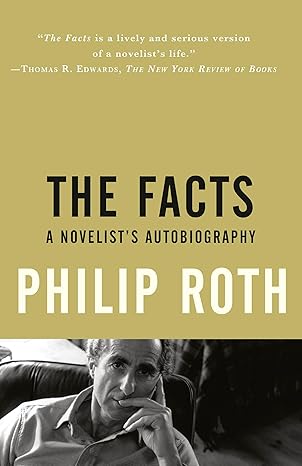
Near the end of this autobiography, the author’s fictional alter ego, Nathan Zuckerman, says to Roth, “You make a fictional world that is far more exciting than the world it comes out of.” That’s not inaccurate. Roth was a better writer of fiction than of autobiography.
Or, rather, a more believable writer of fiction. This book, though short and readable, feels constrained, a 200-page exercise in too-careful self-analysis.
The writing, as usual with Roth, is brilliant. The half-page sentences, the forays into emotional minutiae, and the love-hate wrestling with Jewish identity are intellectually nutritious, but the sum total of the man’s evidence of himself—and of the women in his early years as a writer—is underwhelming. There’s a sense of a supremely talented wordsmith prosecuting his case without allowing a defense rebuttal. The questions sound truthful and emotionally intelligent, but some of them feel like one-way traffic. The book comes across as part of a larger, ignored whole.